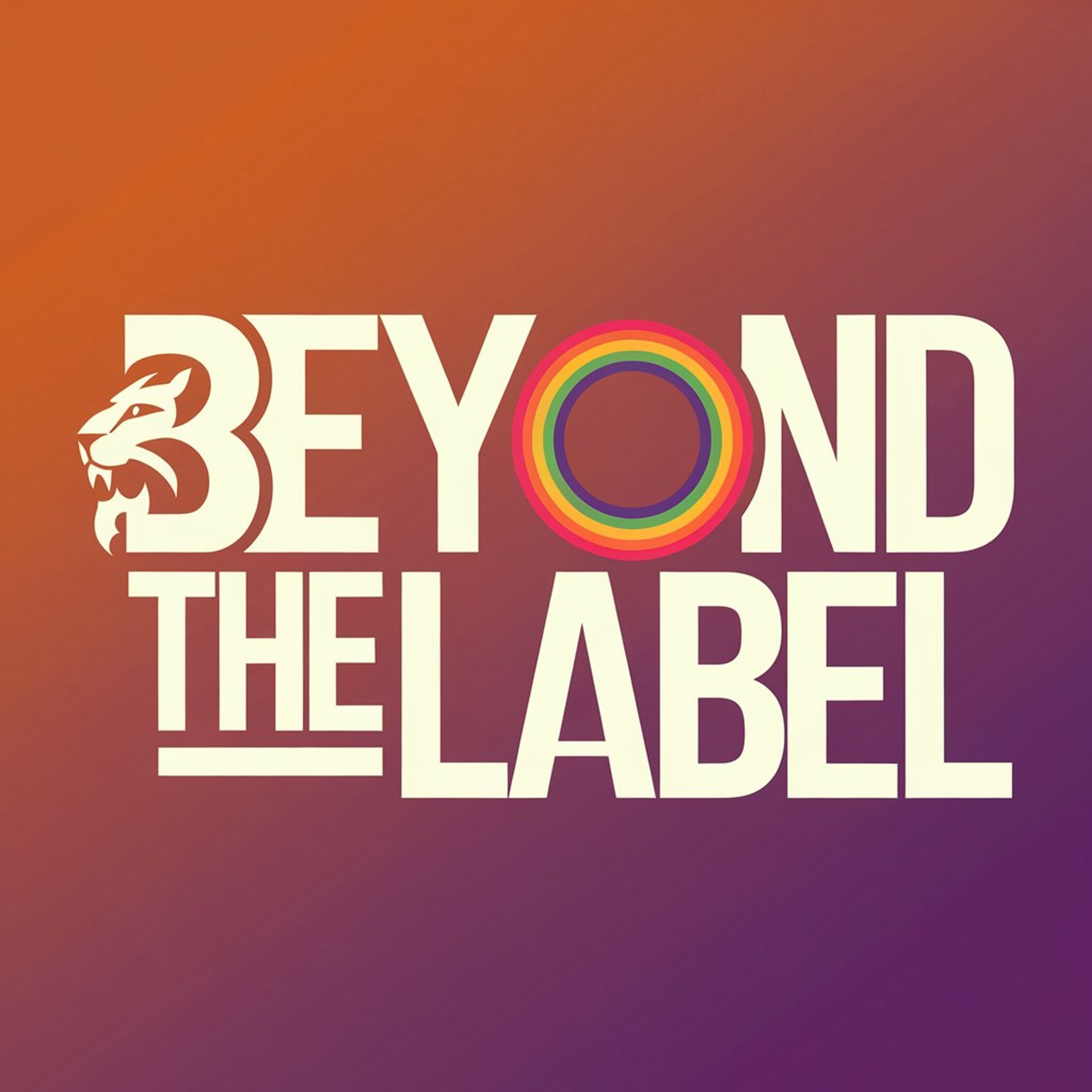Breaking Barriers in Adaptive Sports
Discover how adaptive sports programs empower individuals with disabilities, fostering inclusion, confidence, and well-being. Ruby and Eric explore the transformative impact of accessible recreation and the importance of tailored equipment in creating a level playing field.
This show was created with Jellypod, the AI Podcast Studio. Create your own podcast with Jellypod today.
Get StartedIs this your podcast and want to remove this banner? Click here.
Chapter 1
Empowering Through Play
Ruby Sturt
Alright, welcome back to Beyond the Label! I'm Ruby, and as always, I'm joined by Eric. Today, we're diving into something that honestly gets me a bit fired up—in a good way—adaptive sports. Eric, you know, I always say sport is the great equalizer, but for a lot of people with disabilities, it hasn't always felt that way.
Eric Marquette
Absolutely, Ruby. And I think that's changing, slowly but surely. Adaptive sports are really about breaking down those old barriers, aren't they? It's not just about physical activity—it's about independence, social inclusion, and, well, just having a bit of fun, too.
Ruby Sturt
Yeah, and it's not just one or two sports, either. I mean, you've got wheelchair basketball, which is honestly just as intense as the standard game—sometimes more, if you ask me. Then there's adaptive skiing, which, I have to admit, the first time I saw it, I was like, "How is that even possible?" But it's incredible. And seated volleyball—so clever, so accessible. It really opens up the field, literally, for everyone.
Eric Marquette
And the thing is, these sports aren't just about the competition. They're about giving people the chance to be part of a team, to build friendships, and to feel that sense of belonging. But, you know, there are still some pretty big barriers out there. I mean, access to facilities, the cost of equipment, even just finding a local club that offers these opportunities—it can be a real challenge.
Ruby Sturt
Totally. And sometimes it's the attitudes, too, right? Like, people assuming that someone with a disability wouldn't want to play, or couldn't. It's that old-school thinking that we're still trying to shake off. But, as we've seen in other episodes—like when we talked about inclusive classrooms—when you make space for everyone, the whole community benefits.
Eric Marquette
Exactly. And I think that's a good segue into how communities and organizations are stepping up to make adaptive sports more accessible. Shall we jump into that?
Chapter 2
Community Partnerships and Accessibility
Ruby Sturt
Yeah, let's do it. So, one thing I've noticed is that when local communities get involved—like councils, sports clubs, even schools—it makes a massive difference. It's not just about having a program on paper, it's about actually making it work for real people. And, honestly, the energy at those events is just next level.
Eric Marquette
Right, and it's not just the people running the programs, either. It's the organizations that provide funding, the government agencies that set accessibility standards, and the volunteers who show up week after week. All those pieces have to come together. And then there's the equipment—tailored gear like sports wheelchairs or sit-skis. Without that, participation just isn't possible for a lot of folks.
Ruby Sturt
Oh, absolutely. I remember the first time I saw adaptive skiing in action—this was at a local winter festival back home. There was this group of athletes just flying down the hill in these sit-skis, and the crowd was absolutely buzzing. It wasn't just about the sport, it was about the whole community coming together, cheering, and seeing what's possible when you have the right support and equipment.
Eric Marquette
That's such a great image. And it really highlights how important accessible facilities are, too. If you don't have ramps, wide doorways, or accessible changing rooms, it doesn't matter how good the program is—people can't participate. It's a bit like what we discussed in our episode on workplace rights: you need the infrastructure, not just the intention.
Ruby Sturt
Exactly. And when you get those partnerships right—between local groups, organizations, and government—you start to see real change. It's not perfect yet, but it's moving in the right direction. And that brings us to what all this actually does for people, right? The confidence, the well-being, all of it.
Chapter 3
Building Confidence and Well-being
Eric Marquette
Yeah, and this is where it gets really inspiring. Adaptive sports aren't just about physical health—they're about building confidence, a sense of achievement, and, honestly, just feeling good about yourself. I've read stories—well, actually, research backs this up—that people with disabilities who participate in adaptive sports report higher self-esteem and better mental health overall.
Ruby Sturt
Oh, for sure. I mean, I've met people who, after joining a wheelchair basketball team or trying adaptive surfing, just light up. It's like, suddenly, they're not defined by what they can't do, but by what they can. And that sense of independence? You can't put a price on it.
Eric Marquette
Absolutely. And it's not just anecdotal, either. There's a growing body of research showing that physical activity—especially in a supportive, social environment—can really boost mental well-being for people with disabilities. It's about more than just exercise; it's about connection, purpose, and joy.
Ruby Sturt
And honestly, that's what keeps me coming back to these stories. Every time we talk to someone who's found their place in adaptive sports, you can hear it in their voice—the pride, the excitement. It's contagious. And I think that's a good note to wrap up on for today.
Eric Marquette
Yeah, I agree. There's still work to do, but the progress is real. Thanks for joining us for another episode of Beyond the Label. Ruby, always a pleasure chatting with you.
Ruby Sturt
You too, Eric. And thanks to everyone listening—don't forget, we've got more stories and insights coming your way soon. Take care, and we'll catch you next time!
